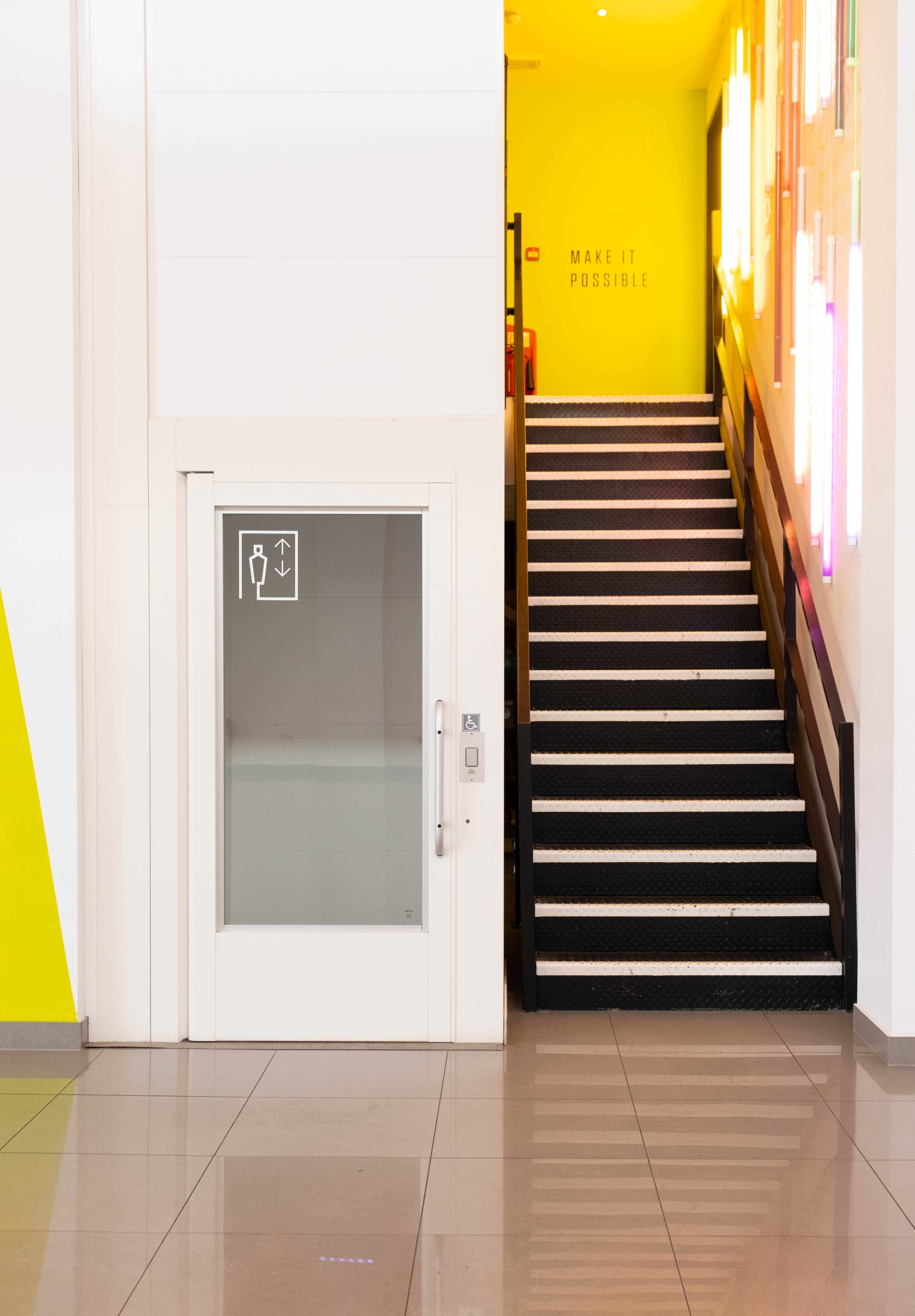The employee experience encompasses all the experiences the employee has during all touchpoints of their career, including how this affects them both in and outside of the workplace. It’s basically what it says on the tin but can have a huge impact on the success of a business. With the wellbeing of the employee now at the forefront of initiatives and work practices, the employee experience is at the very core of this. The experiences an employee has from recruitment process to their last day for the company should be positive, if not, it’s up to your company to change this.
Let’s look at the factors that most affect employee experience:
Recruitment
As stated, employee experience should be positive from the outset, otherwise it’s a worrying look into their future with your company. Reviews from employees both past and present are valuable to those looking at working for your company. If there are negative sentiments about working for you, candidates are less likely to apply, which is why you should strive to make all aspects of employee experience outstanding (hopefully, this blog will help you do just that!). On top of this, the actual recruitment process itself must be a positive one to set the tone for working with your company. A good recruitment process sees practices such as keeping every candidate in the loop from start to finish, ensure transparency and remember that everyone gets nervous – we’re all human!
Personal and professional improvement
To ensure a positive experience, it’s vital that employees have all the tools available to them for career development. This shouldn’t just be five-minute videos on your intranet either – this should be in the form of 1:1’s with team leaders, in-person, live workshops, in-depth training courses and modules - the list goes on! What we’re saying here, is don’t be stingy with your in-house development initiatives. If your employees feel underdeveloped, or that their career has become stagnant, morale is likely to plummet, and retention rates will fall.
Employee wellbeing
This one is a given. Our latest whitepaper looked at workplace experience and the focus on employee wellbeing; COVID-19 has seen a magnifying glass held on companies and the support they offer employees during periods of furlough and remote working. This shouldn’t go away post-pandemic either. With remote working at the fore, it’s important practices are in place to keep people connected, ensure managers aren’t making employees feel guilty for going on breaks or calling in sick. Similarly, how employees and leaders treat each other has a massive impact on employee experience – especially if management is unsatisfactory or teams aren’t getting along. See our findings on employee wellbeing in the workplace here.
Workplace culture
When you think of your experience in the workplace, culture and practices are usually a big part of this. It dictates how everyone operates, the company’s values and overall ethos. It’s a factor that can really make the employee experience great – but only if the entire workplace gets behind it. Companies that fall stagnant from within or those looking to reinvent themselves will occasionally undergo a brand refresh where culture and practices change, in most cases, dramatically. It is then up to the employees, from CEO to new starters, whether or not this new culture is adopted, to help make a company great. There are cases where we’re quick to judge the CEO or company for a failed experience, however, this is an area where everyone, including employees, should be actively promoting positive employee experience and culture growth.
Pay
Let’s be honest, pay is a very big factor in employee performance. Not only is it a sure way to motivate, but also after a really tough year, a steady income is extremely valued. If you can afford to, perhaps now is the time to reward the hard work of employees with a pay rise or bonus. This factor isn’t necessarily a huge detriment in comparison to others, in fact a study reported by Qualtrics revealed that 89% of employers think employees leave for more money but in reality, only 12% do. However that doesn’t mean you should put this card to the back of the deck. If you want an effective way to increase the employee experience, here is your golden ticket (it’s also quite a nice surprise!).
What are some of the areas of the business that this can affect?
Employee retention rates and job satisfaction
If you’re noticing a lot of newbies leaving within that six-month window, it’s probably a good indicator that something is going wrong. In some cases, veteran employees have been at a company so long that they’ve learned to overlook the warning signs for bad practices, or they’ve been there long enough to gain special status and benefits – this means they’re less likely to leave than a newbie who can actively see that their experience isn’t going to be a good one. There’s no cloud over their eyes, no comfortable position. Their experience and whether or not they stay with you is a vital place to look for how you can improve the employee experience as a whole.
This is something that seems to get confused with employee experience a lot. In all honesty, they go hand in hand. If you’re having a bad experience at your place of work, you’re not likely to be very engaged… methods of engaging your employees can also increase positive experiences. Take a look here at our blog on engagement vs experience.
Public perception
Much like we rate restaurants on how good the food and service are, ratings are now used for an array of reasons. We find these most helpful when looking for a place to shop, visit, eat and even work at and with everyone connected online, ratings are considered a trusty source where people share their personal experiences. Websites such as Glassdoor host employee reviews of companies, and as mentioned above, candidates are likely to research your company and use said reviews to determine whether or not they will apply for and accept a position with you. Reviews are (for the most part) considered a trustworthy source, and it’s very hard to fake a good score. You want a good review of your company and happy, engaged employees? Then it’s time to improve the employee experience.
If you’re looking to improve employee experience in your organisation, our Research and Insights team can help see which areas need improving. To get started, give us a call on 0844 682 5989 or email us at anythingspossible@drpgroup.com. In the meantime, read our latest whitepaper here:












